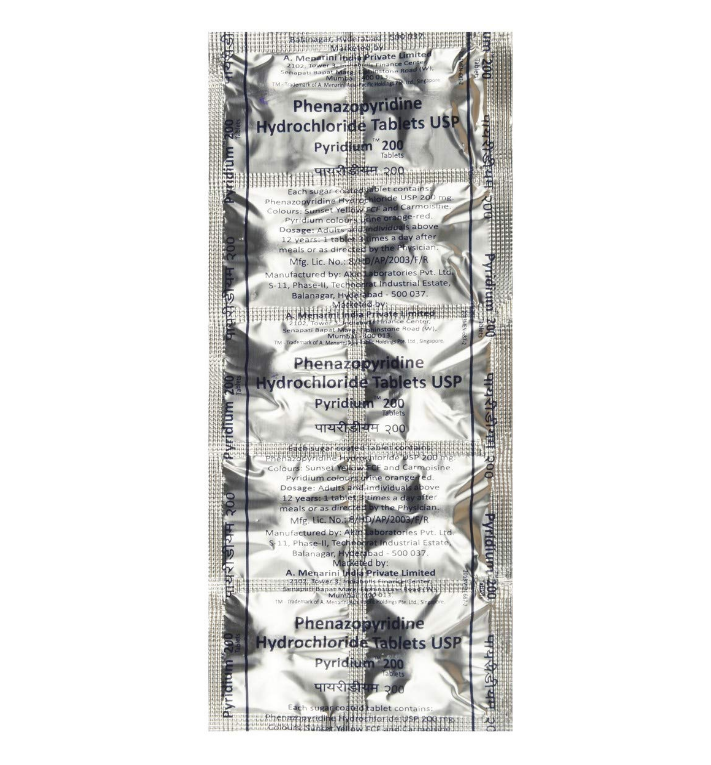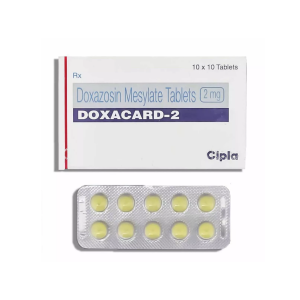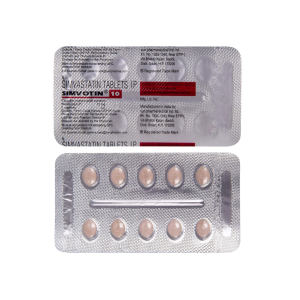Description
The drug Pyridium consists of the active ingredient Phenazopyridine, which belongs to the drugs known as urinary tract analgesics (alleviating pain). Phenazopyridine is a pain reliever effective in the lower part of your urinary tract, including the bladder and urethra. This medication is used to ease pain, burning sensation, increased urge to urinate and increased urination. These symptoms usually appear due to any injury, infection, surgery, catheter, or other conditions irritating or inflaming the lower urinary tract. This medication can cause serious side effects; thus, it should only be taken on a doctor’s recommendation.
This medication is useful in alleviating the symptoms caused by inflammation or irritation of the urinary tract, including pain, burning, and the need to urinate urgently or often. This drug does not target the cause of urinary irritation; however, it can help ease the symptoms while other treatments take effect. Pyridium works as a painkiller to soothe the lining of the urinary tract.
Product Description
Phenazopyridine can interfere with certain laboratory tests (including urine tests for kidney function, bilirubin, and sugar levels), possibly causing false test results. Make sure laboratory personnel, and all your doctors know you use this drug.
This document does not contain all possible interactions. Therefore, before using this product, tell your doctor or pharmacist about all the products you use. Keep a list of all your medications with you, and share the list with your doctor and pharmacist.
Some medical conditions and medications may interact with Pyridium. Discuss with your doctor if you are:
— Pregnant, planning pregnancy, or are breastfeeding
— Taking any prescription/nonprescription medications, herbal products, or dietary supplement
— Allergic to some medicines, foods, or other substances
— Have a medical history of certain blood problems
— Deficiency of an enzyme called glucose-6-phosphate dehydrogenase (g-6-PD) or a family history of this deficiency
Things to remember:
— This drug may make you dizzy. Do not drive, use machinery, or do any activity that requires alertness until you can safely perform such activities
— The active constituent in the drug can dye your urine and tear orange-red. This may stain clothing and contact lenses. Do not wear contact lenses while using this medication
Side Effects
This drug may generate some side effects while adjusting to your body. These include:
- blue-purple color of the skin
- fever and confusion
- shortness of breath, tightness in the chest, wheezing, or troubled breathing
- skin rash
- a sudden decrease in the amount of urine
- swelling of the face, fingers, feet, and lower legs
- unusual tiredness or weakness
- weight gain
- yellow eyes or skin
- indigestion
- itching of the skin
- stomach cramps or pain
How to Use
The amount of drug to be taken is to be decided by your doctor. The dosage is decided based on your medical condition and response to the therapy.
Take this medication orally, usually 3 times daily after meals or as directed by your doctor. If you take this medication along with antibiotics for symptoms of urinary tract infection or are self-treating, do not take it for more than 2 days without talking to your doctor. Do not stop the usage or change the drug dose without consulting with your doctor. Take this drug regularly, so keep on taking the drug as long as recommended by your doctor.






1 review for Pyridium 200mg Tablet
There are no reviews yet.